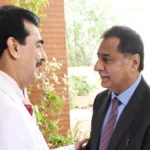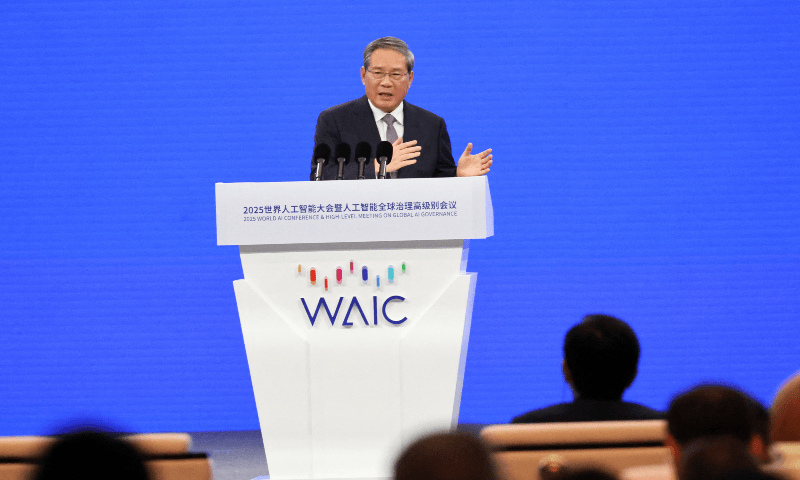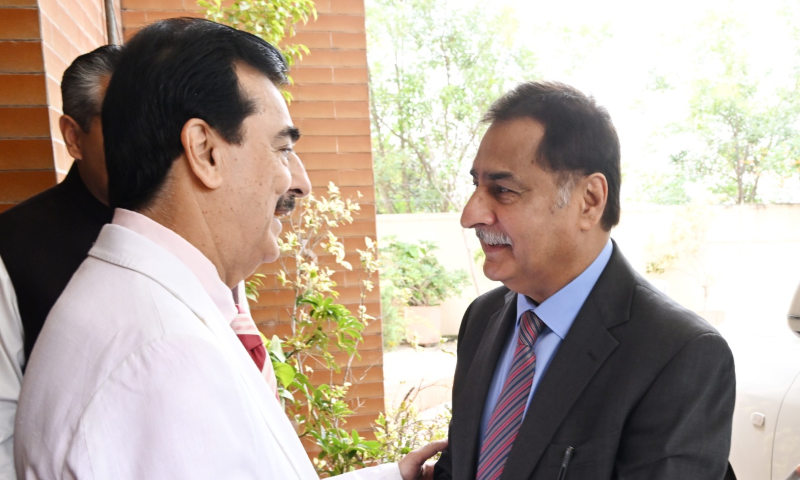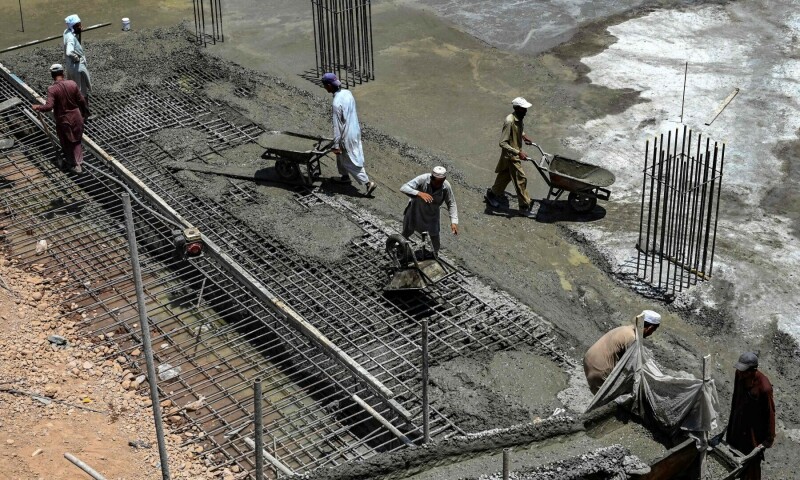China’s Prime Minister, Li Qiang, warned Saturday that the development of artificial intelligence must be weighed at security risks, saying that a global consensus was urgently needed, even when the technological career between Beijing and Washington does not show signs of decrease.
His comments occurred a few days after the president of the United States, Donald Trump, presented an aggressive strategy of low regulation aimed at consolidating the mastery of the United States in the field of rapid movement, promising to “eliminate bureaucracy and onerous regulation” that could hinder the development of the AI of the private sector.
When opening the World IAIC Conference (WAIC) in Shanghai on Saturday, Li emphasized the need for open source governance and development, announcing the establishment of an agency led by Chinese for international IA cooperation.
“The risks and challenges brought by artificial intelligence have attracted generalized attention […] How to find a balance between development and security urgently requires a greater consensus of the whole society, ”said Prime Minister.
Li said that China would “actively” promote the development of open source AI, and add Beijing was willing to share progress with other countries, particularly in development.
“If we get involved in technological monopolies, controls and blockade, artificial intelligence will become the reserve of some countries and some companies,” he said.
“Only by adhering to the opening, exchange and equity in access to intelligence can benefit more countries and groups of (AI).”
The Premier highlighted “insufficient supply of computer power and chips” as a bottleneck.
Washington has expanded its efforts in recent years to stop the exports of state -of -the -art chips to China, worried that they can be used to advance the military systems of Beijing and erode the US technological domain.
For its part, China has made AI a pillar of its plans for technological self -sufficiency, with the government promising a series of measures to boost the sector.
In January, the China Depseek startup released an AI model that worked as well as US systems despite using less powerful chips.
‘Pet Tiger Cub’
At a time when AI is being integrated into virtually all industries, its uses have raised the important ethical questions, since the propagation of erroneous information to its impact on employment or the possible loss of technological control.
In a speech in Waic on Saturday, the physicist winner of the Nobel Prize Geoffrey Hinton compared the situation with maintaining “a very nice tiger puppy as a pet.”
“Survive,” he said, you must make sure you can train him so as not to kill yourself when he grows.
In a video message reproduced at the WAIC opening ceremony, the UN Secretary General, Antonio Guterres, said that the governance of AI would be “a definition of international cooperation.”
The ceremony also saw the envoy of the French president, Anne Bouverot, underlines the “urgent need” for global action.
At a summit of AI in Paris in February, 58 countries, including China, France and India, as well as the Commission of the European Union and the African Union, requested a better coordination on the governance of AI.
But the United States warned of “excessive regulation”, and together with the United Kingdom, he refused to sign the appeal for the summit for an “open”, “inclusive” and “ethical” AI.








